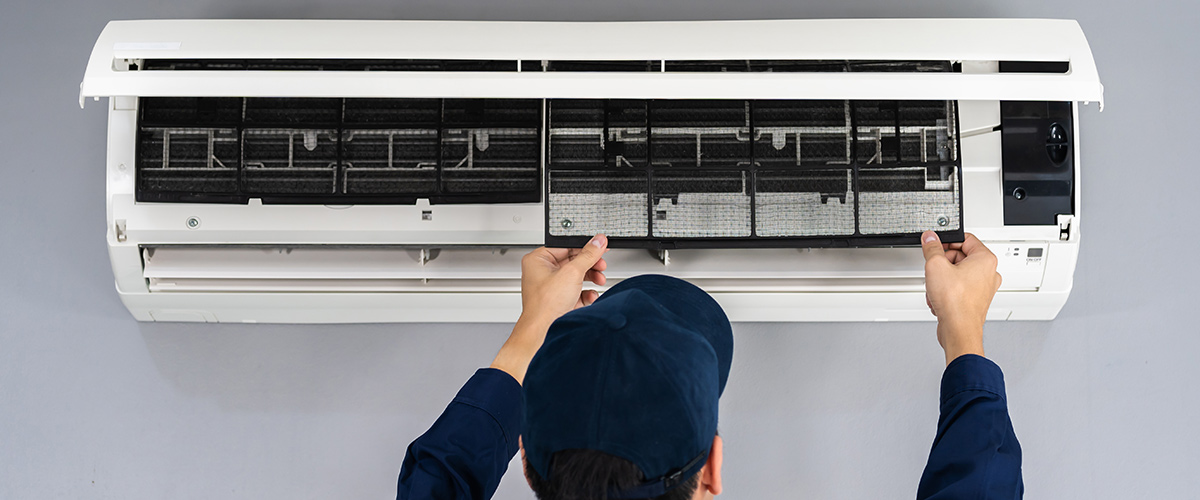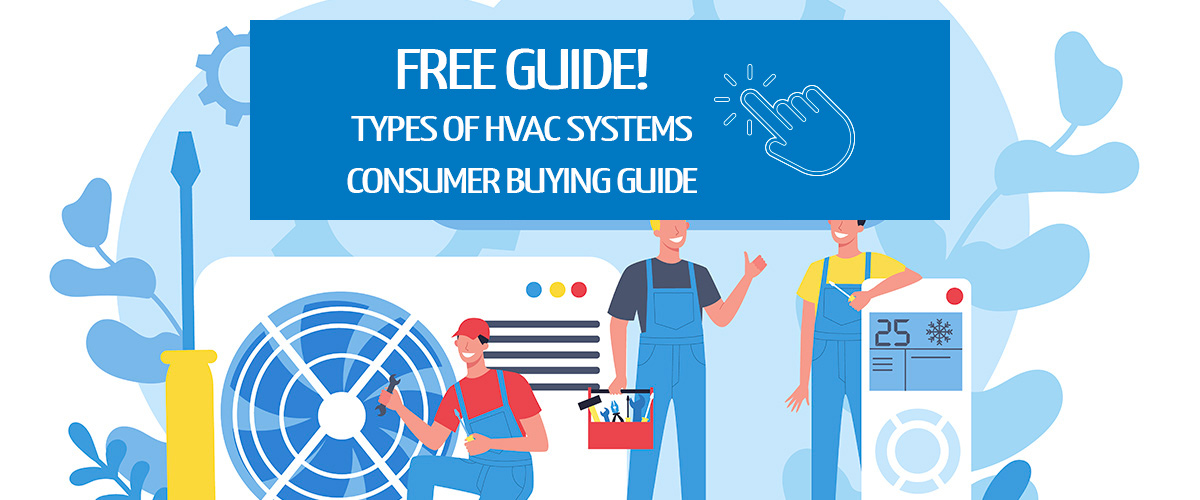Conventional HVAC systems remain the backbone of home heating and cooling for many households. From furnaces and air conditioners to ductwork and thermostats, these systems maintain comfortable indoor spaces year-round. To help homeowners better understand how they work, maintain efficiency, and avoid common issues, we’ve compiled answers to conventional HVAC system FAQS.
What does a conventional HVAC system mean?
A conventional HVAC (Heating Ventilation and Air Conditioning) system is a central air conditioning system that moves heat from the inside of your home to the outside during summer. During winter, it also functions as a central heating system while at the same time provides you with comfort and acceptable air quality indoors.
How often should I have my HVAC system checked?
The recommended frequency for HVAC system check-ups is typically twice a year, ideally in the spring and fall. This regular maintenance helps to ensure that the system is running efficiently, prevents potential issues, and extends the lifespan of the HVAC equipment.
How often should I replace my HVAC filter?
There is no definitive answer to this question because it depends on how much you use your system. Check your filters at least once every 2 weeks and clean them thoroughly. If the light does not pass through the filter, it means that dirt and dust particles cannot be further cleaned and you’d have to replace them.
You May Be Interested In: DIY Furnace Maintenance for Denver Homeowner’s Guide
How long should an HVAC system last?
With regular maintenance and inspection, a new furnace should typically last no less than 15 years. You should also pay close attention to your energy bills. If they are constantly rising, it could be a sign that you need to replace your furnace.
How much does it cost to replace or install an HVAC system?
It can cost anywhere between $3,000 and $10,000 in furnace and installation costs if you want to buy one with a 98% AFUE rating.
What is the difference between an HVAC and a heat pump?
A heat pump is designed to heat and cool your home, but an air conditioner cannot do both. Many times, Denver homeowners pair an air conditioner with a heat pump to heat their homes during winters. This is often an ideal combination during harsh weather.

How Can I Control and Lower my Energy Bills
Periodic maintenance of your furnace is important to ensure lower energy bills, which can represent as high as 50% of your total energy costs. An air conditioner or HVAC system should have high SEER and AFUE ratings respectively. Ensure that your home has a zoning system alongside a programmable thermostat that can help you in reducing your energy bills. This way, you only heat or cool the rooms you are using.
What is Two-Stage Cooling?
Two-stage cooling allows for two output levels of air conditioning translating to a quieter and more efficient operation than a single-stage system. A two-stage unit can remove twice as much moisture as a single-state unit.
Are Conventional HVAC Systems Energy Efficient?
Modern HVAC systems and air conditioners are highly efficient. You need to look for an AFUE rating of 90% and a SEER rating of 14 or above when buying a new heat pump and HVAC system respectively.
What are the Benefits of Clean Air?

There is an ever-increasing amount of global pollution taking a toll on our health. With an investment in an HVAC system, you are guaranteed cleaner air inside your home relieving you of asthma and allergies. HVAC systems and heat pumps are designed to filter and clean the air coming into your home. HVAC systems also help in removing airborne dust particles.
What is a Heat Pump?
A heat pump is a complete heating and cooling system designed to keep you comfortable all year round. During summer, it works by extracting hot air from your home to the outside and keeping you cool. In winter, the process reverses by extracting heat from the outside to the inside of your home.

What is the Difference Between R22 and 410A?
Refrigerants are the primary components of any air conditioning system, which is how your home is cooled during summer. For a long time, R22 was the most commonly used refrigerant. But in light of growing environmental concerns, manufacturers slowly but steadily started phasing out R22 refrigerant moving to a chlorine-free 410A refrigerant, which is considered an ozone-friendly gas.
Why Should I Zone My House?
A zoning system is designed to cool and heat your home evenly. It is better than using just a thermostat and helps you to gain control of your energy bills. Using a zoning system, you can divide your home into different areas and instruct the furnace to set temperatures accordingly.
What Is The Best Thermostat To Use For My Heating System?
You can find a range of programmable and non-programmable thermostats on the market today. We highly recommend you call the professionals and ask for their advice on the best programmable thermostat to go along with your furnace.
What are the Benefits of a Programmable Thermostat?
Is Noise an Issue?
Every electrical equipment generates sound, which is why HVAC manufacturers do their best to give priority to your comfort. While it is common for furnaces to generate noise, modern equipment is much quieter and efficient than in the past. Noise is an indicator of how well or poorly your furnace is performing. If you constantly hear squeaking or rattling when your furnace turns on, it’s time for a routine checkup or even replacement.
Read Next: 8 Furnace Repair Mistakes Every Denver Homeowner Should Know About


